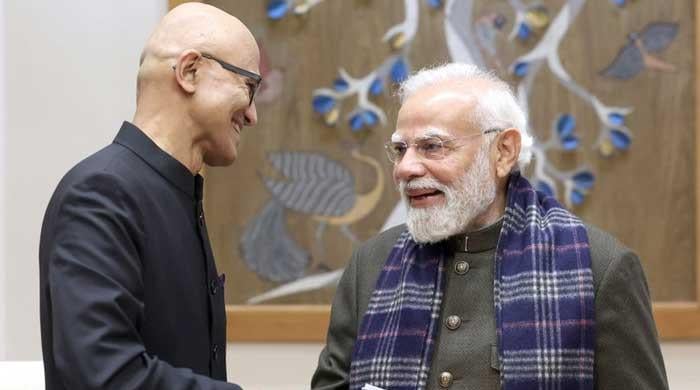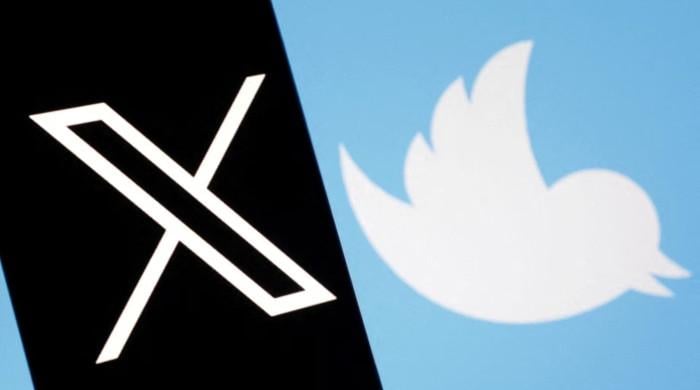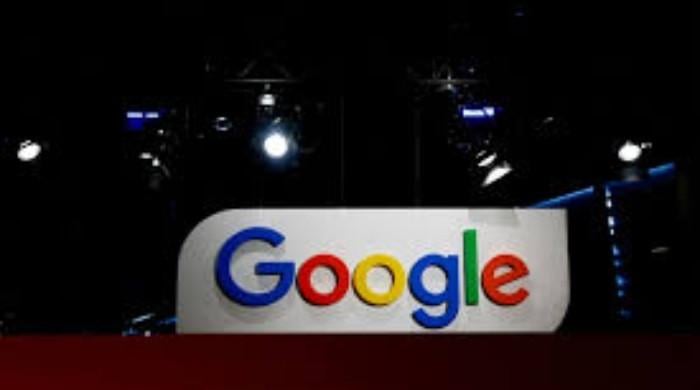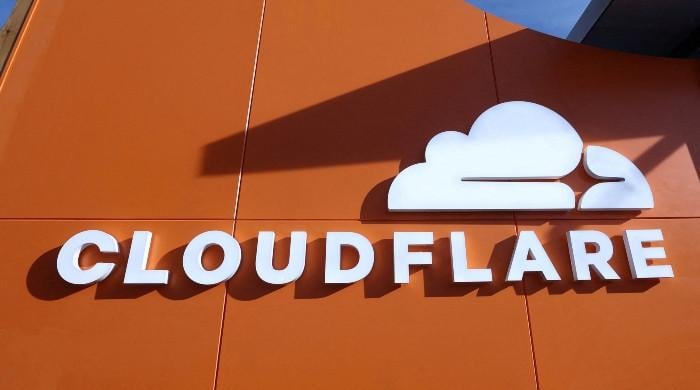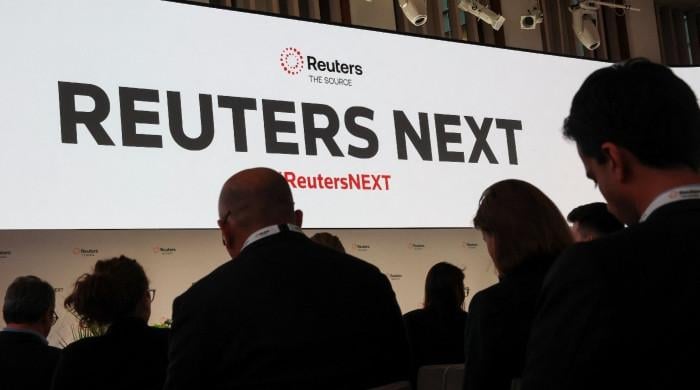Facebook CEO to defend Libra cryptocurrency before US Congressional panel
Facebook CEO Zuckerberg will also note how Libra would help overcome the challenges from China and other global competitors
October 23, 2019
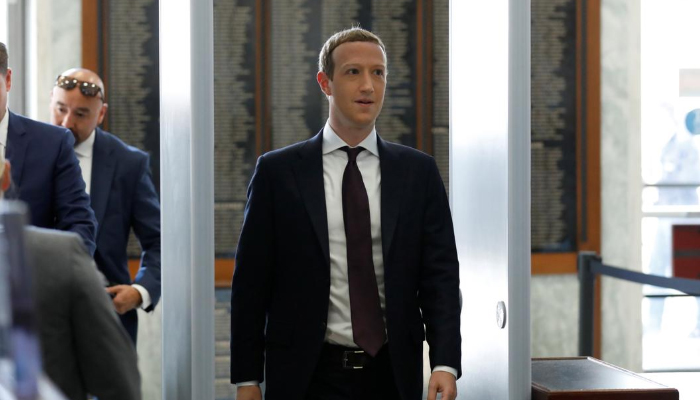
Facebook Chief Executive Officer Mark Zuckerberg was scheduled to defend his company's new project, the Libra cryptocurrency, before a United States Congressional panel on Wednesday and explain why the world needs the digital currency.
According to an advance copy of his testimony to be presented to the US House Committee on Financial Services, Zuckerberg will attempt to convince the committee that Libra, Facebook's cryptocurrency, will help bring into the US financial system millions of consumers who do not use the country's banks.
The Facebook chief will also note how Libra would help overcome the challenges from China and other global competitors, with the testimony reading: “We’ve faced a lot of issues over the past few years, and I’m sure people wish it was anyone but Facebook putting this idea forward."
Also read: Facebook to deliver WSJ publisher News Corp's stories
Interestingly, major global players have also been in pursuit of and planning to release their own cryptocurrencies ahead of Facebook. China and the European Union (EU) earlier announced similar plans to develop their own digital currencies.
Facebook's Libra, which was announced earlier this year, has since faced scepticism. Just last week, French Finance Minister Bruno Le Maire spoke at an event on virtual currencies and cryptocurrencies, wherein he had said in "absolutely clear" terms that "we cannot authorize the development of Libra on European soil".
The digital currency project has stumbled lately as lawmakers and regulators say they fear it may aid money laundering and upend the global financial system.
Did you know that Facebook once considered banning political ads?
That political heat has led several of its key financial partners — including Mastercard, Visa, PayPal, and eBay — to abandon the project.
Prior to the hearing, Democratic Representative Sylvia Garcia had said: “If Mr. Zuckerberg wants to be king, he can be king of the social networks. But I don’t want him to have the additional arsenal of financial data on people."
Zuckerberg links Libra to US nationalism
Zuckerberg, who shot to headlines over his secretive meetings — reported on October 14 — with right-wing figures in an attempt to woo them after being accused of stifling conservative voices, also roped in the American nationalism with his company's new project.
Read more: Inside Zuckerberg's meetings with conservative politicians
As per a copy of the transcript, available with Forbes, the Facebook boss was to assure lawmakers that the social media giant "will not help launch the payments system anywhere in the world until U.S. regulators approve".
Libra will “extend America’s financial leadership as well as our democratic values and oversight around the world,” he added, warning, however, that if the US failed to secure its lead in the cryptocurrency space, other countries such as China — President Donald Trump's nemesis in trade at present — would surely do.
“I want to be clear: this is not an attempt to create a sovereign currency. Monetary policy is the province of central banks, not Libra,” Zuckerberg said.
Also read: Officials push Facebook for way to peek at encrypted messages
Back in April 2018, Zuckerberg had appeared before the US Congress in a hearing wherein he fielded 10 hours of questions over two days from the House and Senate panels on political consulting firm Cambridge Analytica’s misuse of the social media giant's customer data to interfere in the 2016 presidential election.
That scandal had badly damaged Facebook’s image in Washington and has compounded worries among lawmakers that the social media giant cannot be trusted to launch a global digital currency to its 2.4 billion users.
—Additional reporting from Reuters




